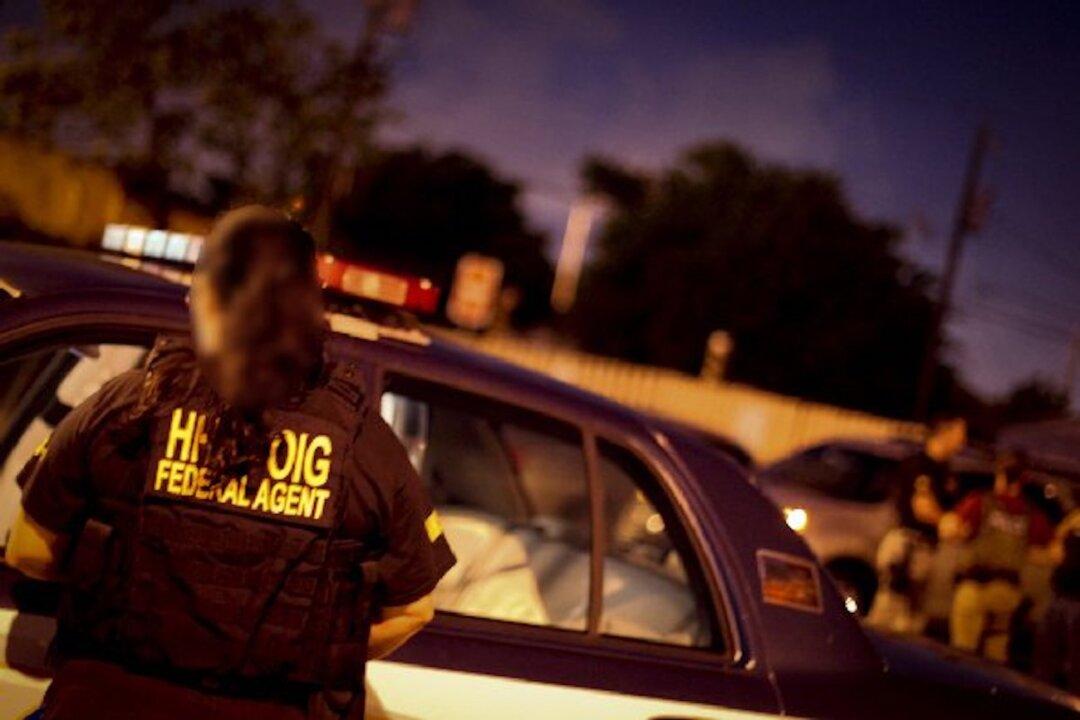In what authorities call the largest healthcare fraud and opioid takedown in U.S. history, the Department of Justice on Wednesday announced charges against 345 people across 51 federal districts for having allegedly submitted billions of dollars in fraudulent health care claims. Among the defendants are more than 100 doctors, nurses, and other licensed medical professionals.
The defendants were charged with having submitted in excess of $6 billion in false and fraudulent claims to federal healthcare programs and private insurers, the DOJ announced.




